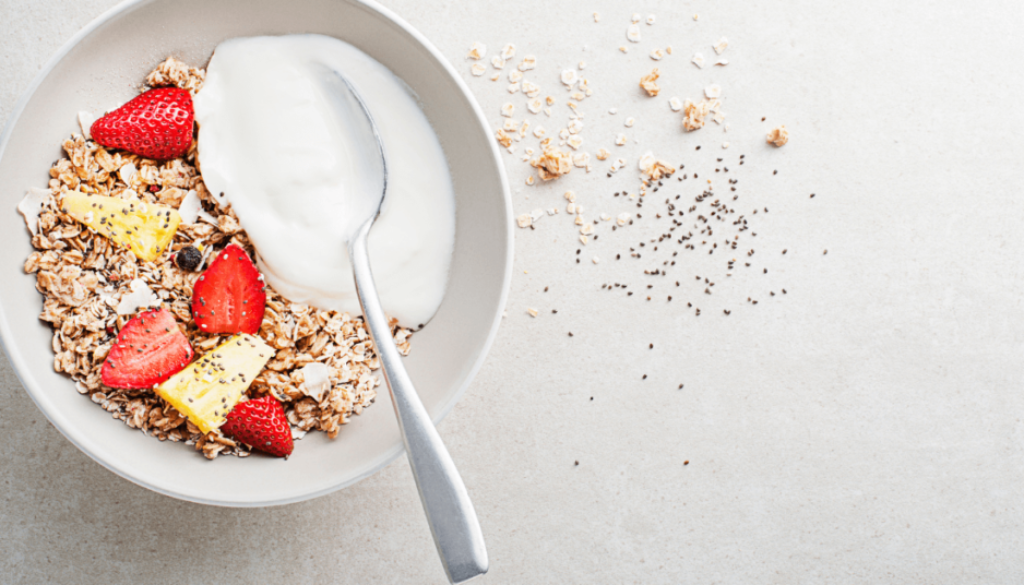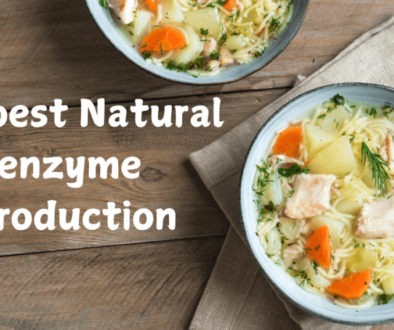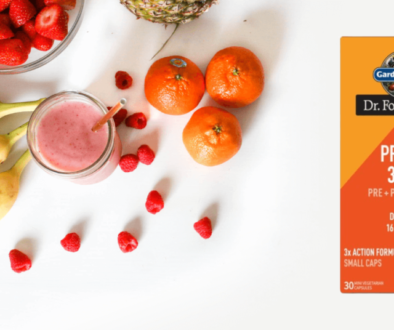Enhance Your Gut Health: Top 5 Natural Probiotics You Need to Know
wwwtheshe.com Probiotic's for women 0
What Are Natural Probiotics?
Natural probiotics are live microorganisms known as “good bacteria” that play a crucial role in maintaining a healthy digestive system. Found in fermented foods and beverages, these probiotics help balance gut flora, support digestion, and enhance overall health
Why Natural Probiotics Are Essential for Your Health
1. Improved Digestion: Probiotics assist in breaking down food, enhancing nutrient absorption, and reducing digestive discomfort. Learn more about improving digestion with probiotics on our blog.
2. Enhanced Immunity: A balanced gut flora boosts the immune system, helping you fight off illnesses. Check out our article on boosting immunity with gut health.
3. Gut Health Balance: Probiotics maintain a healthy balance between good and bad bacteria, alleviating issues like bloating and constipation. Explore more about balancing gut bacteria.
Why They’re Important:
- Better Digestion: Probiotics help your body break down food more efficiently, so you can get the most nutrients out of what you eat.
- Stronger Immunity: A healthy gut means a stronger immune system, which helps you fight off illnesses.
- Gut Balance: They keep the balance of good and bad bacteria in check, preventing issues like bloating and constipation.
Top 5 Natural Probiotic Foods You’ll Love
Here are some of the best natural sources of probiotics. They’re not just healthy—they’re delicious too!
1. Yogurt: The Classic Probiotic
Yogurt is a popular probiotic food made by fermenting milk with live cultures. It’s rich in beneficial bacteria, such as Lactobacillus and Bifidobacterium.
Benefits:
- Lactose Digestion: Helps break down lactose, making it suitable for those with dairy sensitivities.
- Bone Health: Packed with calcium and vitamin D, supporting strong bones.
Ways to Enjoy Yogurt:
- Mix with fresh fruit and granola for a nutritious breakfast.
- Blend into smoothies for a creamy texture.
- Use as a base for salad dressings.
Image Suggestion: Include an image of yogurt with granola and fruit. Alt text: “Yogurt with granola and fresh fruit – a delicious probiotic-rich breakfast.”
2. Kefir: The Fermented Super Drink
Kefir is a fermented milk drink containing a diverse range of probiotics, including Lactobacillus kefiri and Saccharomyces kefir.
Benefits:
- Digestive Comfort: Reduces bloating and supports smooth digestion.
- Immune Support: Strengthens the immune system with its probiotic content.
Ways to Enjoy Kefir:
- Drink alone or blend with fruits for a refreshing smoothie.
- Pour over cereal for a tangy twist.
- Use as a buttermilk substitute in baking.
Image Suggestion: Include an image of kefir in a glass. Alt text: “Glass of kefir – a probiotic-rich fermented milk drink.”
3. Sauerkraut: The Tangy Probiotic Powerhouse
Sauerkraut, fermented cabbage, is a rich source of Lactobacillus plantarum, which supports digestive health and immune function.
Benefits:
- Digestive Boost: Enhances the absorption of vitamins from cabbage.
- Flavorful Addition: Adds a tangy kick to your meals.
Ways to Enjoy Sauerkraut:
- Serve as a side dish with grilled meats.
- Add to sandwiches for extra crunch.
- Mix into salads for added probiotic benefits.
Image Suggestion: Include an image of sauerkraut in a bowl. Alt text: “Bowl of sauerkraut – a tangy, probiotic-rich fermented cabbage.”
4. Kimchi: The Spicy Fermented Delight
Kimchi, a traditional Korean dish made from fermented vegetables and spices, is packed with Lactobacillus kimchii.
Benefits:
- Anti-Inflammatory: Helps reduce inflammation, benefiting gut health.
- Nutrient-Rich: Provides vitamins A, B, and C, and essential minerals.
Ways to Enjoy Kimchi:
- Eat as a side dish with rice.
- Incorporate into stir-fries for a spicy twist.
- Add to tacos for a unique flavor experience.
Image Suggestion: Include an image of kimchi in a bowl. Alt text: “Bowl of kimchi – a spicy, probiotic-rich fermented vegetable dish.”
5- Miso: The Savory Japanese Probiotic
Miso is a fermented paste made from soybeans, rich in Lactobacillus and Bifidobacterium strains.
Benefits:
- Gut Health: Supports digestion and maintains gut flora balance.
- Nutrient Dense: Rich in manganese, zinc, and copper.
Ways to Enjoy Miso:
- Prepare a warm bowl of miso soup.
- Use as a marinade for meats and vegetables.
- Stir into salad dressings for a savory touch.
Image Suggestion: Include an image of miso soup. Alt text: “Bowl of miso soup – a savory, probiotic-rich Japanese dish.”
How to Incorporate Natural Probiotics into Your Diet
Adding probiotics to your diet is simple. Start with one or two of these foods and gradually increase your intake.
Tips:
- Mix and Match: Experiment with different probiotic foods to find your favorites.
- Listen to Your Body: Gradually adjust your intake to see how your body responds.
- Build a Habit: Include a probiotic food in one meal a day and expand from there.
Conclusion: Start Your Probiotic Journey Today!
Enhancing your gut health with natural probiotics is an effective way to improve overall well-being. Whether you prefer the creamy texture of yogurt and kefir or the tangy flavors of sauerkraut and kimchi, there’s a probiotic food for everyone. Begin incorporating these foods into your diet and experience the benefits firsthand. Your gut will thank you!
Ready to boost your gut health? Start adding these top 5 natural probiotics to your meals today and enjoy the positive effects on your digestive system and overall health.
References:
Harvard Health Publishing. Probiotics. Retrieved September 7, 2024, from Harvard Health Publishing.
Mayo Clinic. Probiotics: What You Need to Know. Retrieved September 7, 2024, from Mayo Clinic.
WebMD. Probiotics and Prebiotics. Retrieved September 7, 2024, from WebMD.
Cleveland Clinic. The Benefits of Probiotics. Retrieved September 7, 2024, from Cleveland Clinic.
National Center for Complementary and Integrative Health (NCCIH). Probiotics. Retrieved September 7, 2024, from NCCIH.



